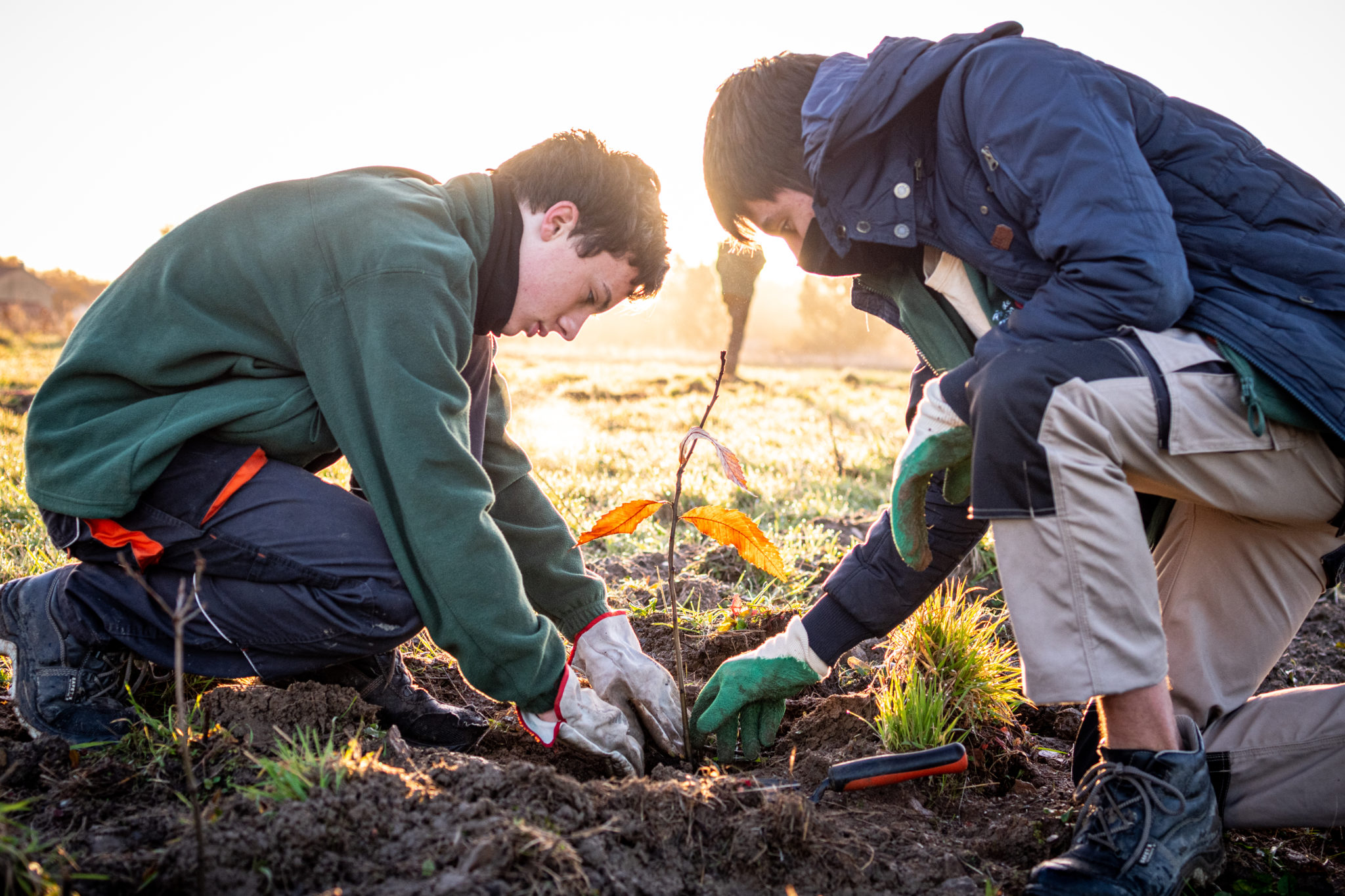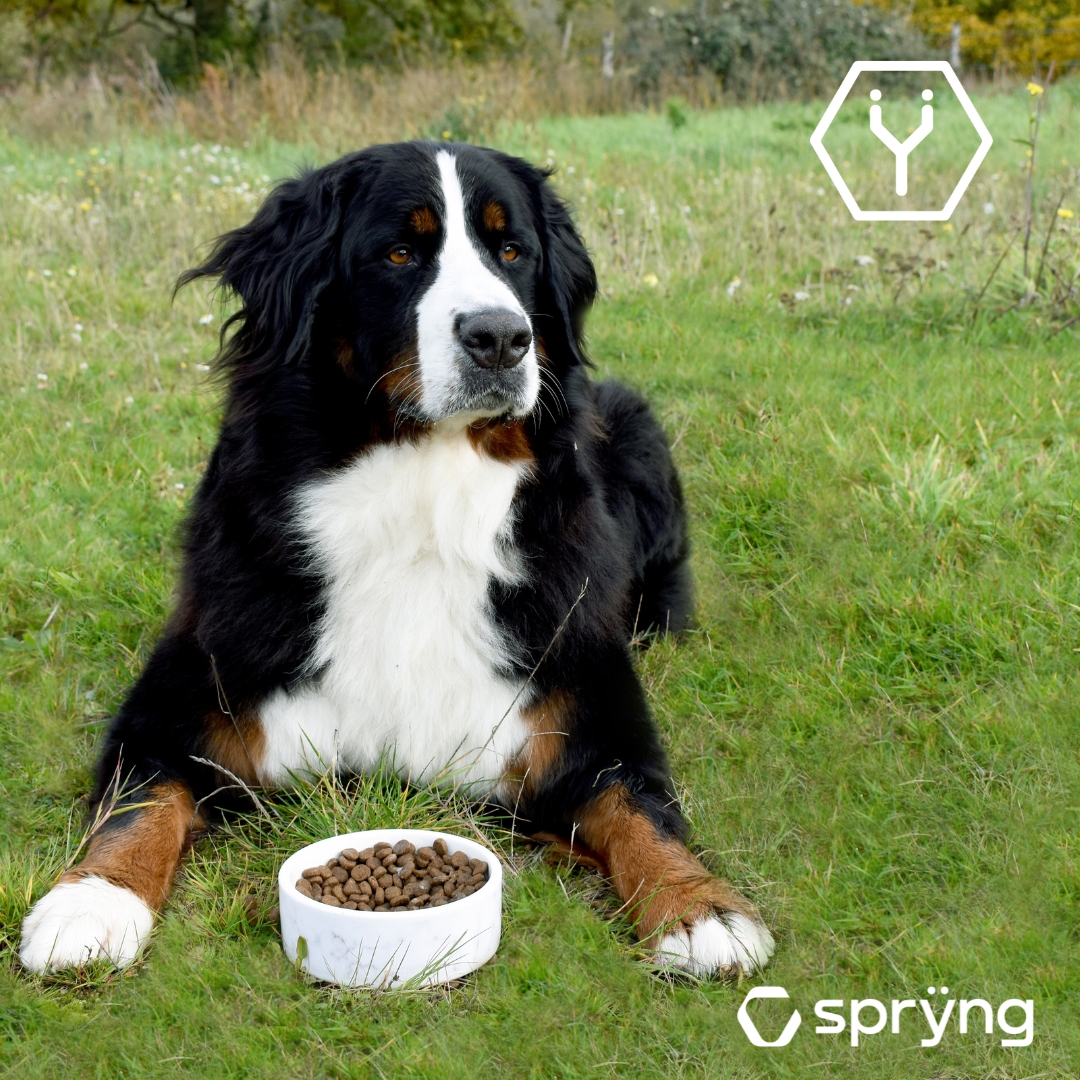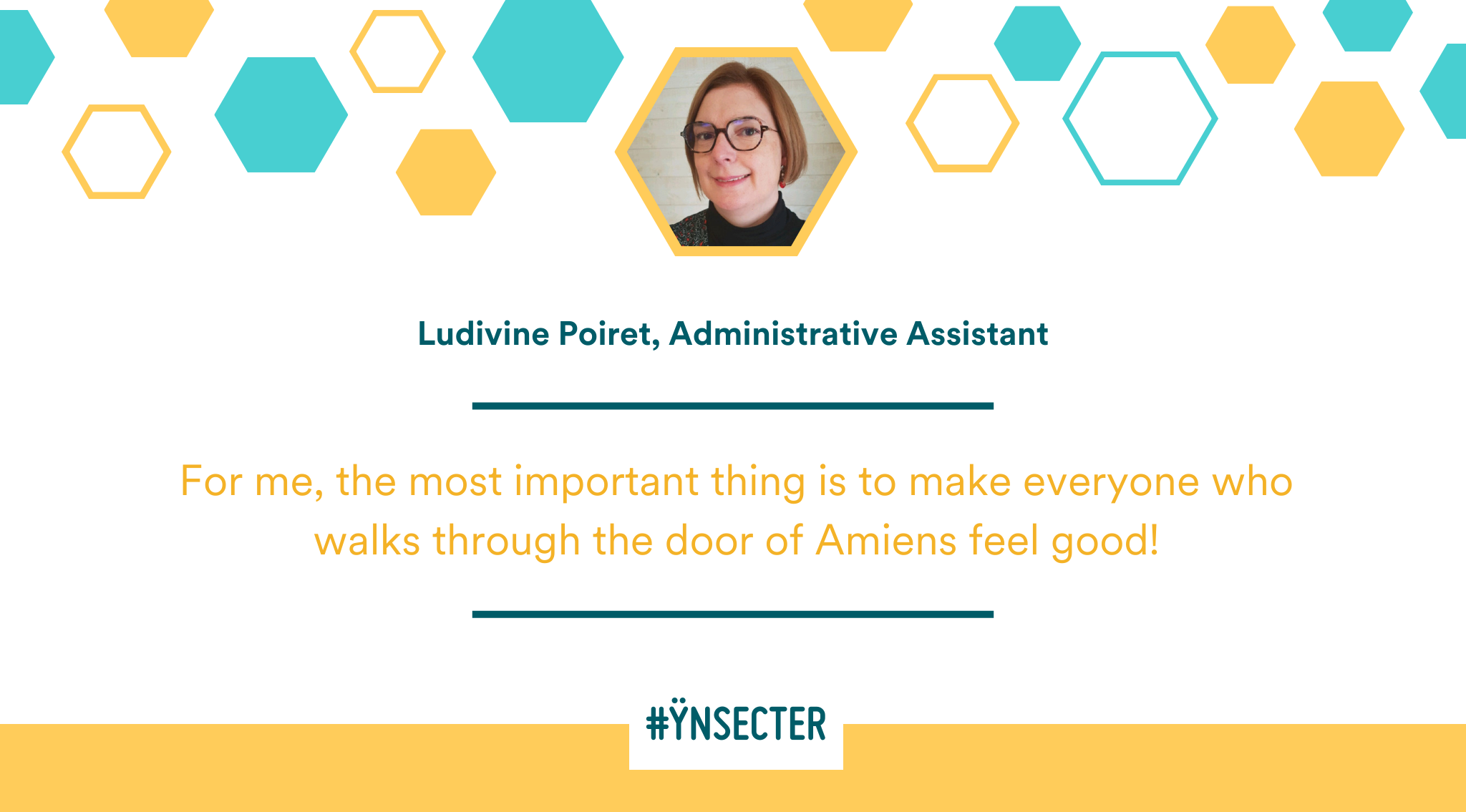May 6, 2021: While the carbon footprint of Ÿnsect’s value chain is negative thanks to the creation of Ÿnfarm – whose value chain helps to sequester more carbon than it emits – Ÿnsect is aiming to go further by significantly reducing its overall emissions, further reducing the impact of its activities and, between emissions and sequestration, aiming for net 0.
With an activity that requires the use of soft wheat and rapeseed to feed its insects, Ÿnsect has identified its agricultural upstream activities as its primary source of carbon emissions, before the site’s energy consumption.
Ÿnsect is responding to this challenge by launching the TerrHa 2040 program in partnership with PUR Projet, a business helping companies and communities preserve and regenerate the ecosystems on which they depend; des Enfants et des Arbres, an association facilitating the ecological transition by increasing children’s awareness; and Noriap.
TerrHa 2040 focuses on the triple challenge of reducing emissions of agricultural processes, sequestering carbon in soil, and strengthening local biodiversity in the wheat and rapeseed sectors linked to Ÿnsect.
With the goal of creating more sustainable food chains, the first three partners, who will be joined by others, are committed to planting nearly 1700 km of hedges, i.e. 1.8 million trees, in Hauts-de-France, on 1100 partner farms, for a sequestration of more than 190,000 tons of CO2 by 2040. From 2021, more than 7500 trees will be planted.
The planting of trees and hedges notably:
– improves local biodiversity levels. Tree systems provide habitats and food for important flora and fauna,
– fights against the effects of global warming, partly responsible for the stagnation of cereal yields,
– reinforces soil fertility thanks to the presence of roots, providing structure and improving biological activity,
– absorbs carbon (1 km of hedge can absorb up to 6 tons of CO2 over 15 years)
“TerrHa 2040 is an ambitious program responding to our desire to considerably reduce the impact we have on our environment. It is also a way for us to get involved locally and sustainably in the region and industry. We are discovering day after day the local actors who are already making headway on these issues, and we are delighted to be able to bring our expertise and energy to these efforts: the success will ultimately be collective. This is why we are calling on all companies who wish to join us, to do so” – Jean Gabriel Levon, Impact Director and co-founder of Ynsect.





